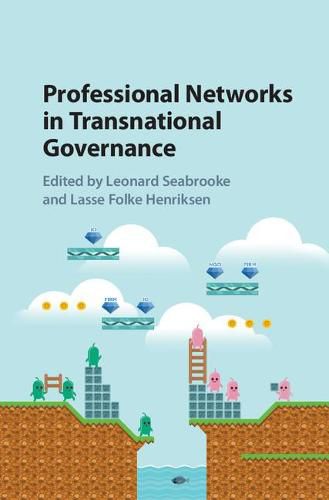Readings Newsletter
Become a Readings Member to make your shopping experience even easier.
Sign in or sign up for free!
You’re not far away from qualifying for FREE standard shipping within Australia
You’ve qualified for FREE standard shipping within Australia
The cart is loading…






Who controls how transnational issues are defined and treated? In recent decades professional coordination on a range of issues has been elevated to the transnational level. International organizations, non-governmental organizations (NGOs) and firms all make efforts to control these issues. This volume shifts focus away from looking at organizations and zooms in on how professional networks exert control in transnational governance. It contributes to research on professions and expertise, policy entrepreneurship, normative emergence, and change. The book provides a framework for understanding how professionals and organizations interact, and uses it to investigate a range of transnational cases. The volume also deploys a strong emphasis on methodological strategies to reveal who controls transnational issues, including network, sequence, field, and ethnographic approaches. Bringing together scholars from economic sociology, international relations, and organization studies, the book integrates insights from across fields to reveal how professionals obtain and manage control over transnational issues.
$9.00 standard shipping within Australia
FREE standard shipping within Australia for orders over $100.00
Express & International shipping calculated at checkout
Who controls how transnational issues are defined and treated? In recent decades professional coordination on a range of issues has been elevated to the transnational level. International organizations, non-governmental organizations (NGOs) and firms all make efforts to control these issues. This volume shifts focus away from looking at organizations and zooms in on how professional networks exert control in transnational governance. It contributes to research on professions and expertise, policy entrepreneurship, normative emergence, and change. The book provides a framework for understanding how professionals and organizations interact, and uses it to investigate a range of transnational cases. The volume also deploys a strong emphasis on methodological strategies to reveal who controls transnational issues, including network, sequence, field, and ethnographic approaches. Bringing together scholars from economic sociology, international relations, and organization studies, the book integrates insights from across fields to reveal how professionals obtain and manage control over transnational issues.